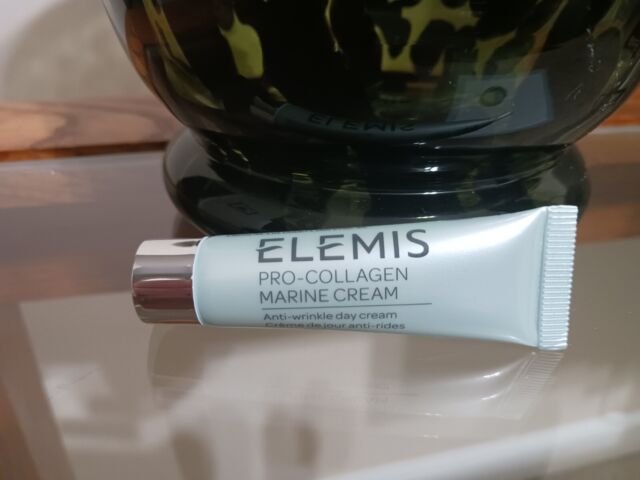In the realm of women’s health, the interplay between various bodily components often holds the key to holistic well-being. One such nexus of importance lies in understanding the relationship between collagen and hormonal balance. While collagen is often associated with skin health and elasticity, its significance extends far beyond that, intertwining intricately with hormonal equilibrium. In this comprehensive exploration, we delve into the profound connection between collagen and hormonal balance, illuminating pathways to support women’s health.
The Fundamental Role of Collagen
Collagen, often hailed as the body’s scaffolding, constitutes the most abundant protein, acting as a vital building block for tissues, bones, skin, and organs. Structurally, it provides strength, elasticity, and structure to various bodily components, ensuring their optimal function. Beyond its structural role, collagen plays a pivotal role in maintaining skin hydration, joint flexibility, and overall vitality.
Collagen and Hormonal Balance: Unraveling the Connection
Hormonal balance, a delicate equilibrium orchestrated by various glands and organs, influences almost every aspect of women’s health, including menstruation, fertility, mood regulation, and metabolism. Collagen, it turns out, interacts with hormonal pathways in multifaceted ways, exerting both direct and indirect effects on hormonal balance.
Estrogen and Collagen Synthesis
Estrogen, a primary female sex hormone, holds sway over numerous physiological processes, including collagen synthesis. Research indicates that estrogen plays a crucial role in stimulating the production of collagen fibers, thereby enhancing skin elasticity and strength. Consequently, fluctuations in estrogen levels, such as those occurring during menopause, can lead to collagen depletion, contributing to skin aging and decreased tissue integrity.
Hormonal Imbalance and Collagen Degradation
Conversely, hormonal imbalances, such as elevated cortisol levels due to chronic stress, can accelerate collagen breakdown. Cortisol, often dubbed the stress hormone, triggers the activity of enzymes called collagenases, which degrade collagen molecules, compromising tissue integrity and skin health. Additionally, hormonal fluctuations during puberty and pregnancy can impact collagen metabolism, influencing skin texture and elasticity. If you found this article useful, you may also visit their page to read more about taking the Best marine collagen.
Collagen as a Hormone Modulator
Interestingly, emerging evidence suggests that collagen peptides, the hydrolyzed form of collagen, may possess hormone-modulating properties. Studies indicate that collagen peptides can interact with estrogen receptors, potentially exerting estrogenic or antiestrogenic effects. This intriguing aspect opens new avenues for utilizing collagen as a complementary approach to support hormonal balance in women.

Empowering Women’s Health Through Collagen Support
Given the intricate interplay between collagen and hormonal balance, fostering women’s health necessitates a multifaceted approach that encompasses lifestyle modifications, nutritional interventions, and targeted care.
Nutritional Strategies
A balanced diet rich in collagen-boosting nutrients, such as vitamin C, zinc, and amino acids like proline and glycine, can promote collagen synthesis and integrity. Incorporating collagen-rich foods like bone broth, fish, and poultry into one’s diet can provide essential building blocks for optimal collagen production.
Lifestyle Modifications
Managing stress through mindfulness practices, adequate sleep, and regular exercise can mitigate cortisol-induced collagen degradation, preserving skin health and vitality. Moreover, adopting skincare routines that prioritize collagen preservation, such as using sunscreen and topical retinoids, can aid in maintaining youthful skin texture.
Collagen Support
Incorporating collagen into daily wellness regimens can offer targeted support for women grappling with hormonal fluctuations and skin aging. Collagen, available in various forms such as powders, capsules, and drinks, provides a convenient means to replenish collagen stores and promote hormonal equilibrium.
Conclusion: Nurturing Holistic Wellness
In essence, the synergy between collagen and hormonal balance underscores the intricate tapestry of women’s health. By understanding and harnessing this symbiotic relationship, women can embark on a journey towards holistic well-being, characterized by vitality, resilience, and radiance. Through mindful lifestyle choices, nutritional support, and strategic care, women can empower themselves to thrive at every stage of life, embracing the profound connection between collagen and hormonal balance as a cornerstone of their wellness journey.





